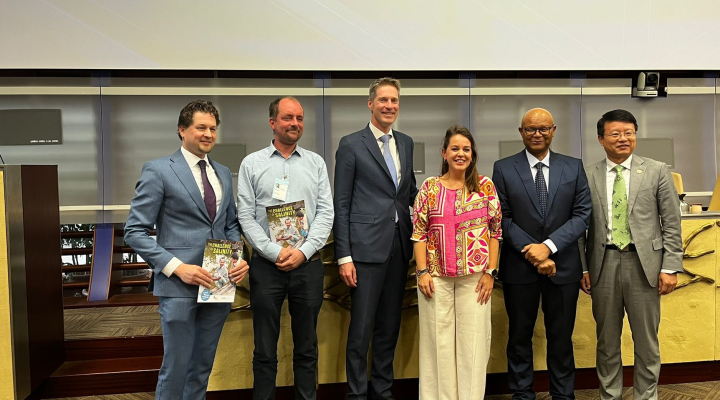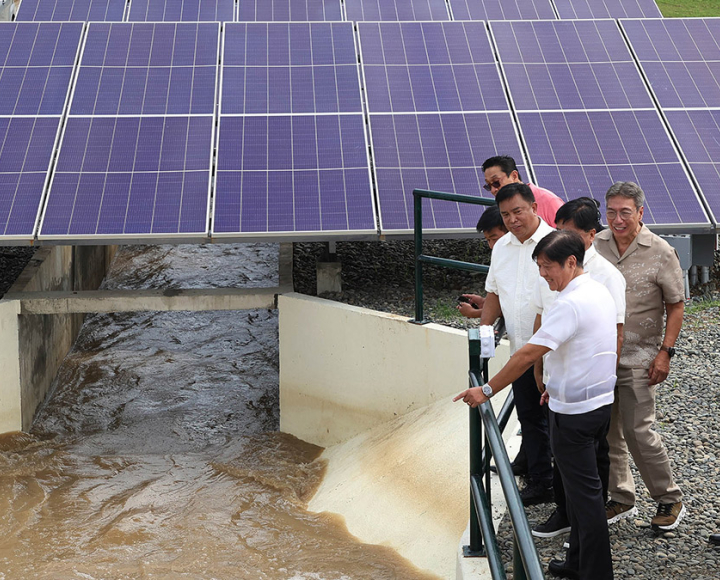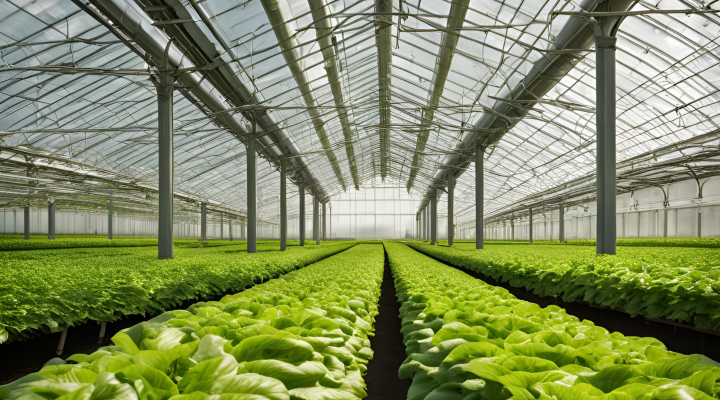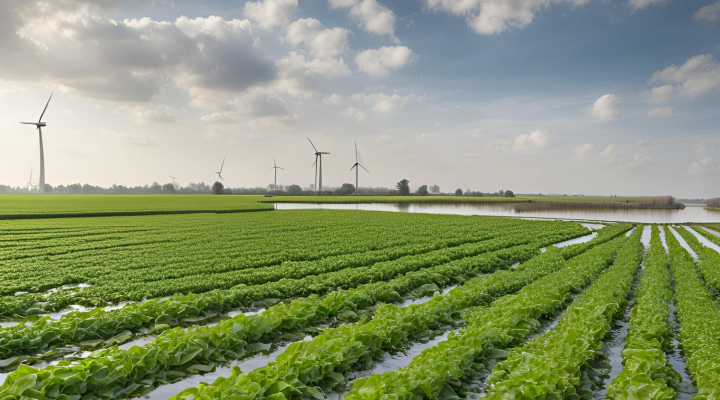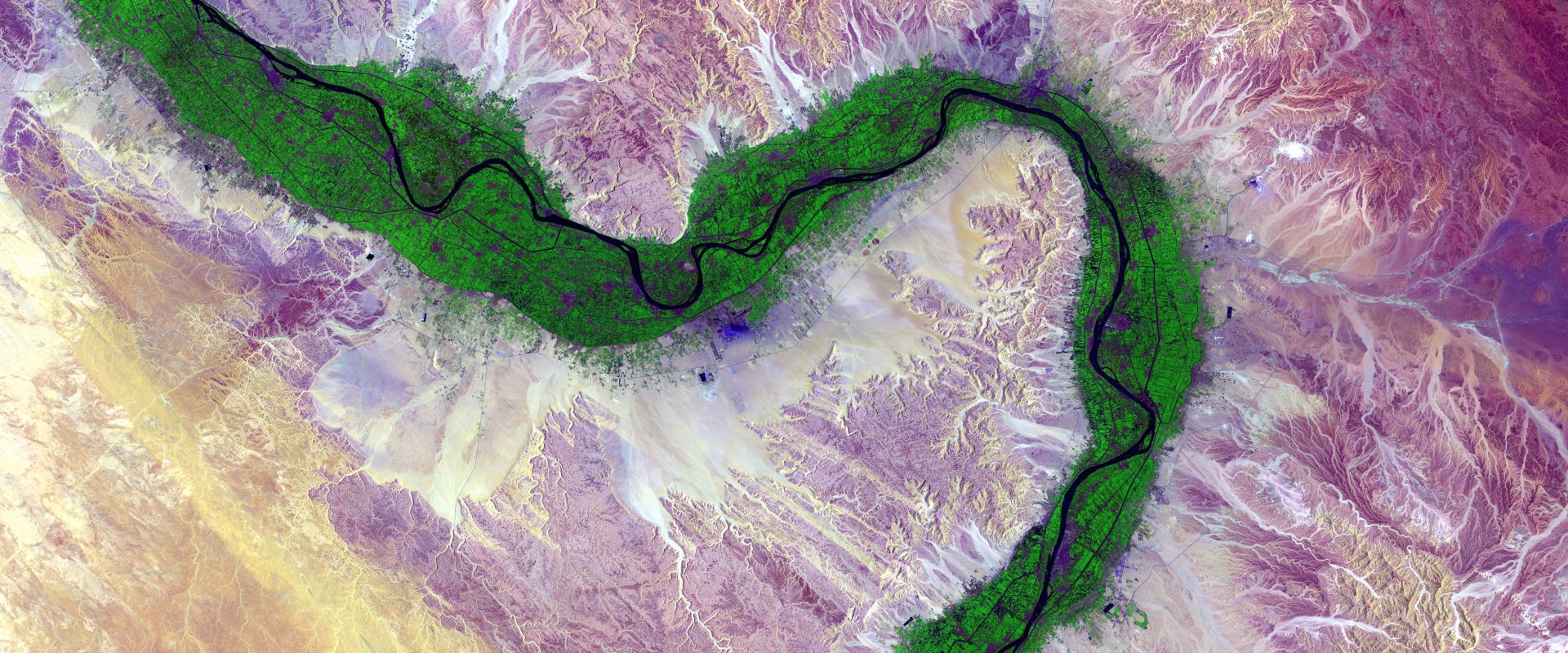
Open data on water productivity for education
In this week’s Open Education Week, IHE Delft invites everybody to use the open data of the WaPOR portal and improve the use of water for the production of food.
The Open Education Week is held from 1 till 5 March and aims to stimulate live activities by creating learning communities around open data sources. IHE Delft institute for water education organises many activities around the WaPOR portal and the use of its data.
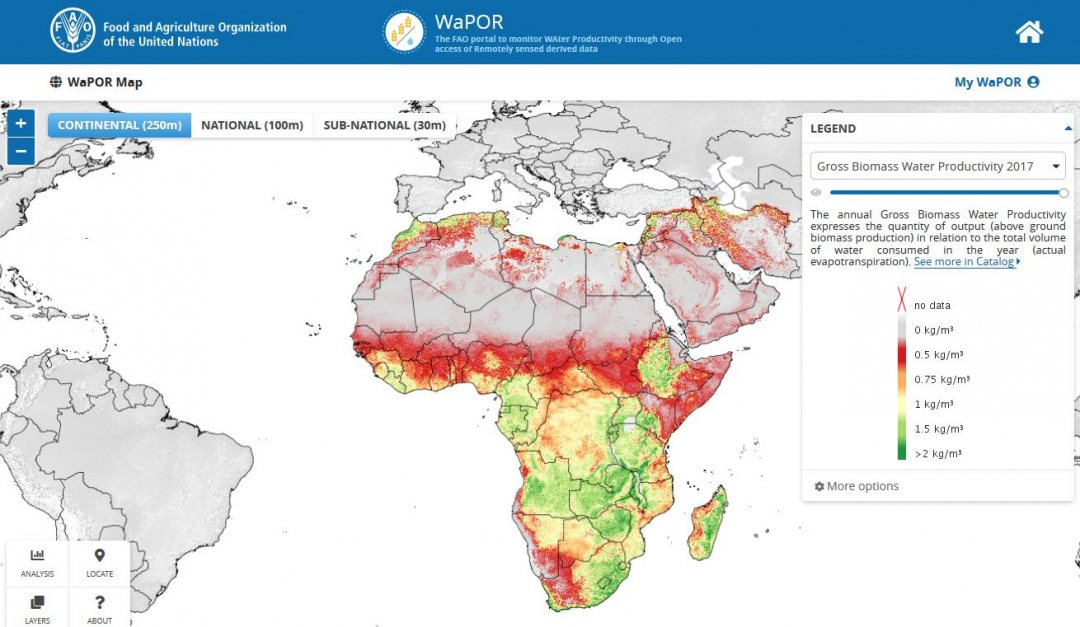

Food and water security
According to the UN, agriculture accounts for about 70 percent of worldwide freshwater use. Therefore, careful monitoring of water productivity is critical when it comes to achieving food security in a sustainable way.
Through WaPOR, the UN Food and Agricultural Organisation (FAO) aims to monitor and improve water productivity via a portal of remotely-sensed data. And IHE Delft’s Water Accounting and Water Productivity group, led by Associate Professor Marloes Mul, is helping to make this happen.
On the occasion of the Open Education Week, Mul invites everybody to join the WaPOR-platform. ‘This water database is truly an open access database where you can actually download the data and do whatever you want with it. It’s not just an image or a picture, it’s the raw data and anybody can do anything with it.’
Mul: ‘It was set up for a specific purpose, to improve water productivity, but if you want to use it for a hydrological model or climate change model, you can do that too’.
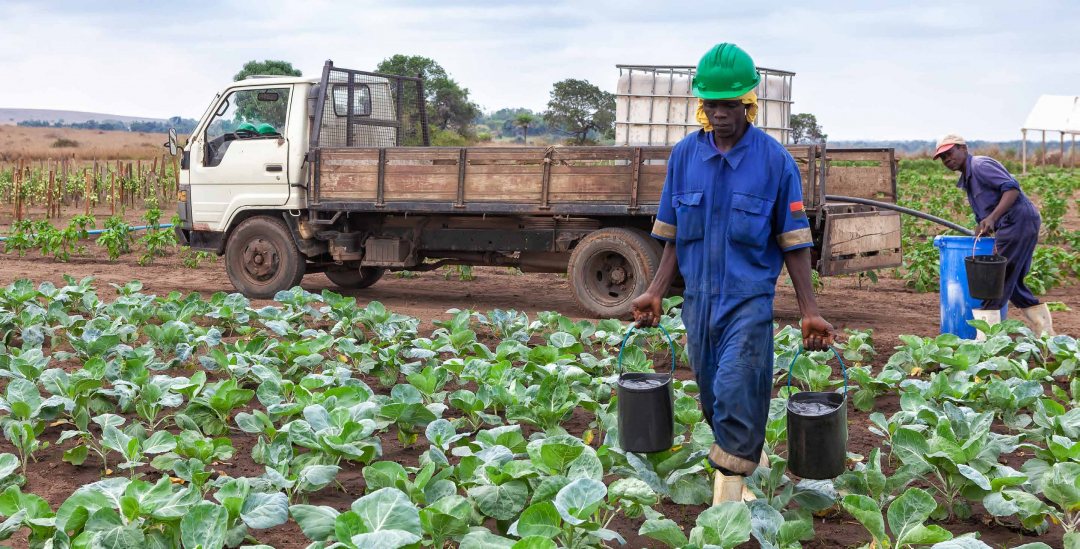

Remotely sensed data
The first phase of the WaPOR project focused on creating a database using remotely sensed data for Africa and the Middle East. Mul said that a lot of time was spent on the calibration and validation of the data. The resulting database offers a high resolution (250m) database containing not only information related to water, but also combines it with biomass production, something that other databases have not done.
With the second phase having kicked off on January 1, 2021, the WaPOR platform continues to evolve. It will now focus on country level, demand-driven, applications of the database. It also aims at expanding beyond Africa and the Middle East to become a global database over the next five years.
Ultimately, this portal gives open access to near real time, pixel-based information that can be used by farmers, irrigation managers, river basin organisations and governmental agencies to improve water productivity and allocation on the ground.
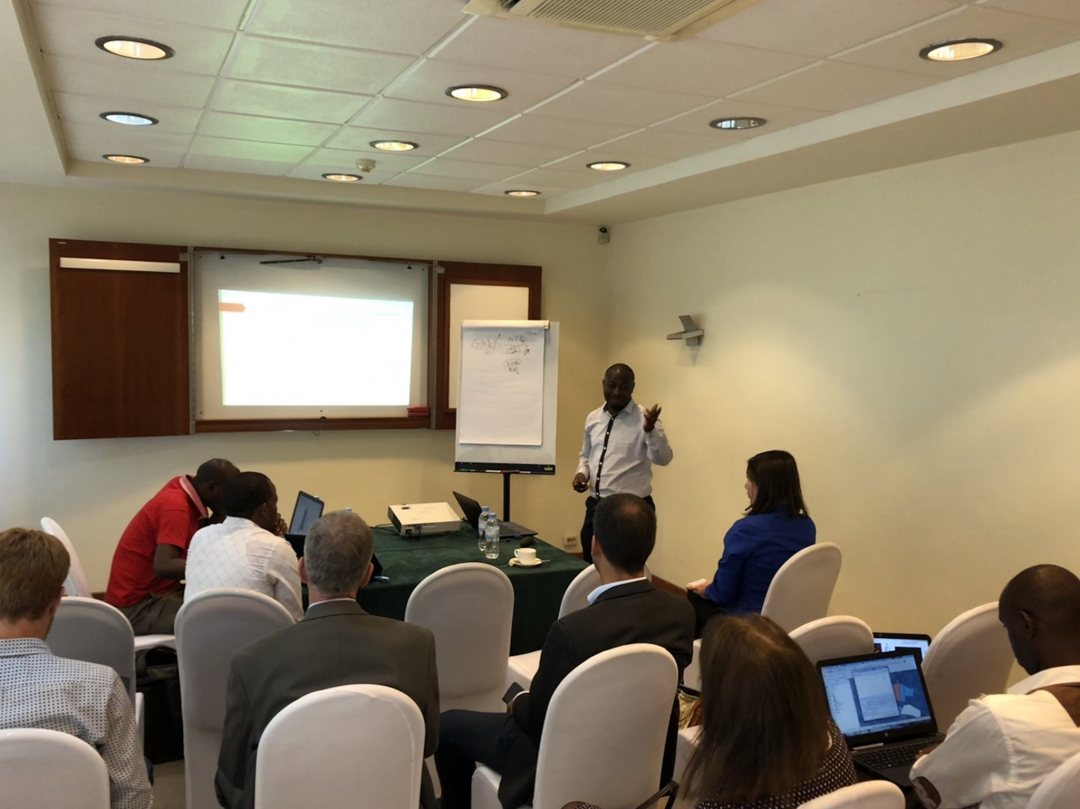

Capacity building
IHE Delft organised many activities to open up the use of the data on the WaPOR platform and expand the number of applications that can help to improve agricultural water management. Another aspect involves outreach and capacity building. Trainings have been conducted in some 15 countries and the tools have been made available on the online WaPOR portal.
‘It’s quite exciting to see this course online and the outreach that it generates,” said Mul. To date the course has seen more than 900 students enroll from dozens of countries across the globe.
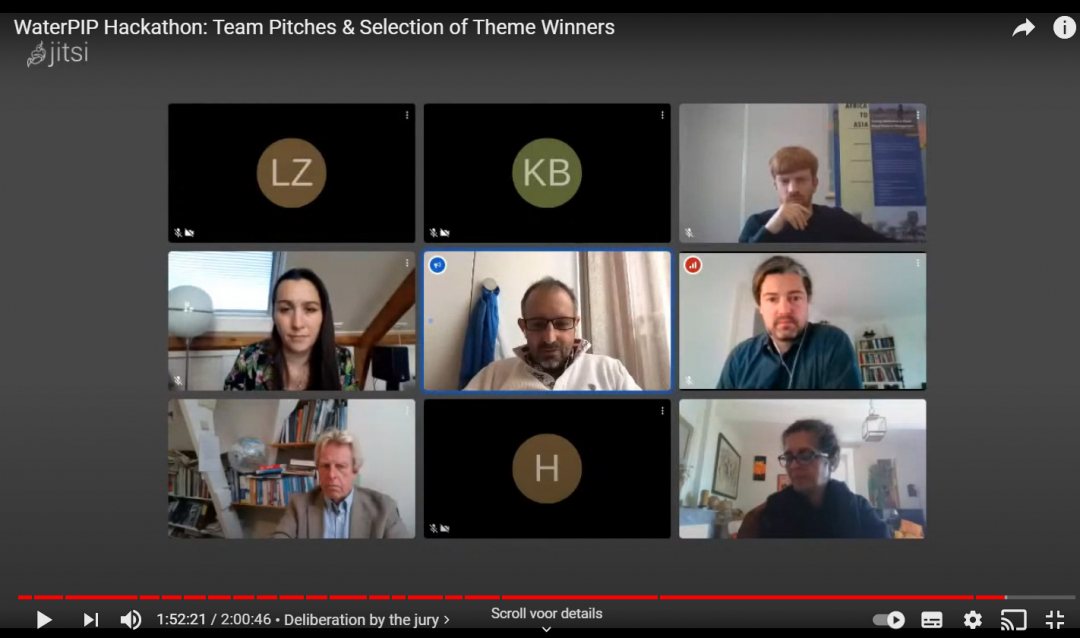

Hackathons
More recent three hackathons have been held, using the WaPOR database to tackle a problem around one of four themes: communications to smallholder farmers. Through a collaborative effort by Water PIP project partners, MetaMeta, IHE Delft, and Wageningen University & Research, the hackathon was launched in November 2020. Over 250 people registered, resulting in about 30 teams at the start.
In the end, two winning teams were chosen. One team created a QGIS plugin for the database to make it more user friendly. The other, a group of students from Tarbiat Modares University (TMU) in Iran, came up with an idea they called WaPOR for Sustainable Ecosystem Management (WaPOR 4 SEM).
Go to OpenCourseWare with all open water courses by IHE Delft.




